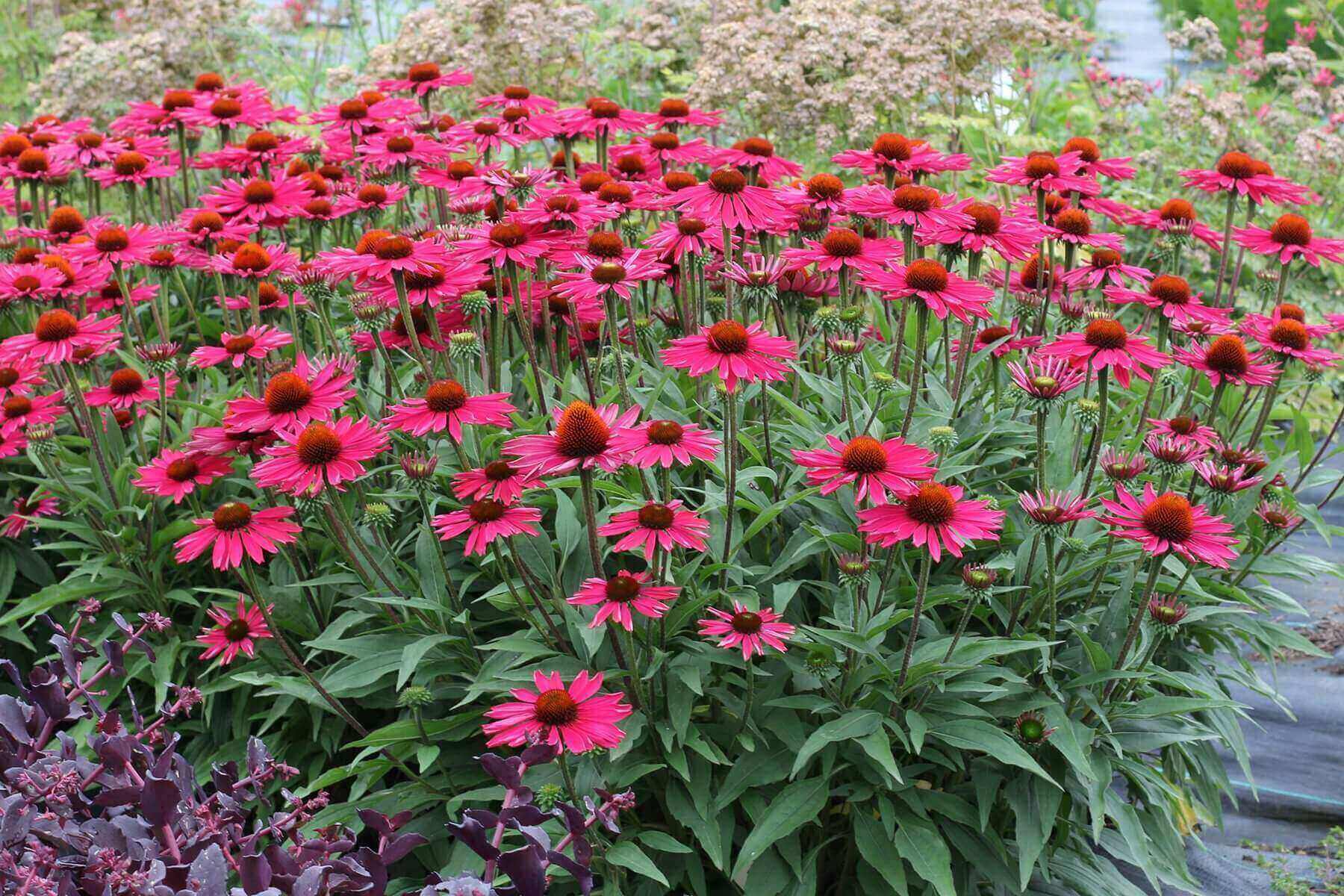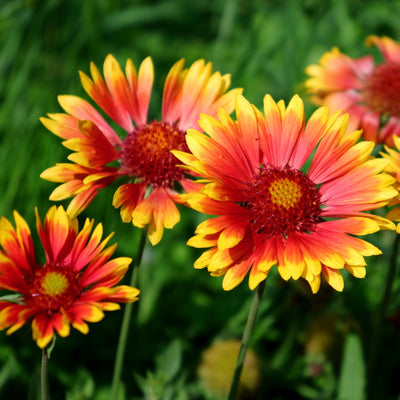Native Plants Works When You're Not Watching
If you want plants that remove potent toxins like arsenic, formaldehyde, and other dangerous things from the soil, use native plants. They are bio-indicators and promote soil health, easy to care for and super low maintenance.

The utilization of native plants in landscaping can offer various benefits:
Adaptability:
Native plants are well-suited to local climates. Plants that are well-suited to their environment can thrive with minimal effort. The right soil conditions can make them easier to grow and maintain. They are often more resilient and require less water and maintenance than non-native species.
Biodiversity support:
They provide habitat and food for local wildlife, including insects and birds. By incorporating them into your landscape, you can contribute to biodiversity and help support local ecosystems.
Low maintenance:
They are low-maintenance plants that require minimal care once established. They generally resist pests and diseases, reducing the need for chemical treatments.

Erosion control:
Plant natives have extensive root systems that help stabilize soil and prevent erosion. Native ferns can prevent soil loss and protect against corrosion.
Aesthetic appeal:
They often have unique and attractive foliage that can add visual interest to your garden or landscape. Their lush, green fronds can create a calming and natural atmosphere.
Shade tolerance:
These type plants are well-adapted to shady conditions, making them an excellent choice for gardens or areas with limited sunlight. They can thrive in your yard's understory of trees and shaded corners.
Air purification:
Like all plants, any native plant can help. Plants are natural air purifiers that help enhance air quality by absorbing carbon dioxide and releasing oxygen into the atmosphere. They also play a role in filtering pollutants from the air.
Low invasiveness:
Native plants are less likely to become invasive and disrupt local ecosystems than non-native plants, which can sometimes become problematic when introduced to new areas.
Tammy Sons (Author)

